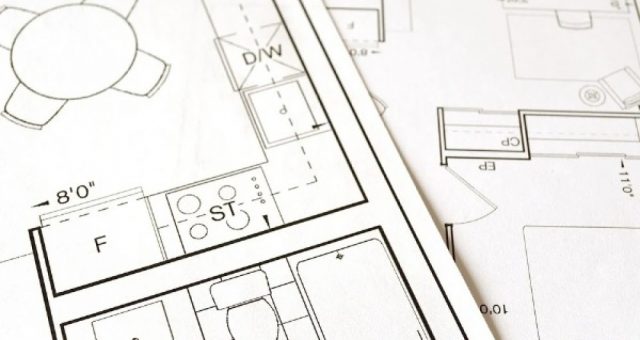
Five Common Pitfalls To Watch Out For When Refianacing A Mortgage
The economy has taken a nosedive due to the Covid-19 pandemic and mortgage rates are at their historic lows. This has resulted in many homeowners rushing to refinance their mortgage to shave down on monthly payments and build equity faster. If you are considering refinancing your mortgage for the first time the process can be intimidating as there is a lot more than just finding a good interest rate. It is easy to make a misstep that could ultimately cost you in the long run.
Here are the five most common mistakes that you need to avoid when landing a new mortgage loan.
Assuming that you can get a Zero-Interest Mortgage.
You may have seen the headlines that the Federal Reserve recently dropped the interest rates to 0% to 0.25% to stimulate the economy amid the coronavirus pandemic. Yes, that happened but many people assume that it means 0% mortgages are available. They are not. Mortgage rates have been at some of the lowest levels seen, so do not waste time looking or waiting for a loan that is interest free. You must stay informed and refinance with reasonable expectations.
Forgetting to take into account the Mortgage Refinance Costs
Refinancing includes closing costs like an appraisal, underwriting, and processing fee. The refinance closing costs will be between 2% to 5% of your loan amount. Some lenders advertise “no-closing costs” on refinancing offers. But, the truth is there is no such thing as no-cost refinance. The lenders roll your closing costs into your loan amount which can increase your interest rates. It is usually best to pay upfront. However, this does not mean that a no-cost refinance will not work out well for you as sometimes you can get the best rate through a no-cost refinance too. It can also be worth it if you can get the lender to cover some of the expenses to reduce your closing costs or if you are not planning to stay in the home for long.
Not Boosting your Credit Score before Refinancing
You must remember that your goal in refinancing your mortgage is to get the lowest interest rate. For this one of the most important criteria is your credit history. A one-point score increase from 679 to 680 would reduce your mortgage fees by one point which is equal to $1,000 for every $100,000 you borrow. So, you must take time out to look into how you could boost your credit score. You can increase your credit score by correcting any errors in your credit report, paying down some of your debt, or paying your bills on time.
If you are considering a refinance soon you must not take out a new loan, make a large purchase, or transfer funds from one account to another.
Tapping into too much Equity out of your home.
There are many reasons to refinance but many people refinance to tap into their home equity for things like home improvements, investments, consolidated debt, or other expenses. However, one common mistake is financing for short-term expenses like purchasing a car or paying for a cruise for a long-term goal like a 30-year mortgage. Refinancing makes sense if you use it to pay for a college education or home improvements. If the equity you tapped yields long-term results then a cash-out refinance will be the right choice.
Another thing that you need to consider is whether your new monthly payments make sense for your budget especially at this time when the Covid-19 pandemic can tighten your ability to keep up with your financial obligations.
Not Locking in your Mortgage Rates ASAP
As mortgage rates change often, it is always a good practice to lock in your lender’s rate so that you pay what you expect even though it may cost you a fee. Though some homeowners may be optimistic that the refinance rates may dip even lower, it is a gamble as even savvy professional cannot time mortgage interest rates
You can refinance with realistic expectations as waiting for rates to drop may backfire on you and refinancing your mortgage may not be beneficial or leave you saving less money.
Now with Fannie Mae and Freddie Mac announcing a new refinance fee of 0.5% on most mortgages starting December 1, homeowners who have yet locked into their refinance will be in for an unpleasant surprise.
Click here to learn more about the New “Adverse Refinance Fee” which was supposed to start from September 1 but is now closing December 1, and after.
Refinancing is a good way to save money. However, you should do your research and avoid the above pitfalls so that you can reap the benefits of refinancing your mortgage in the years to come.
Click here to learn more about refinance rates.


